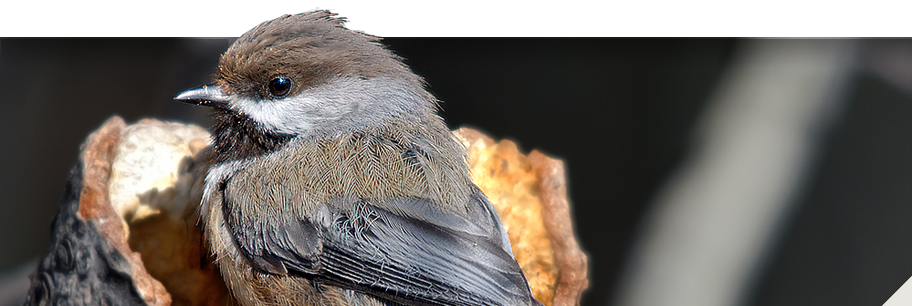 Photo ©
Keith Williams
Photo ©
Keith Williams
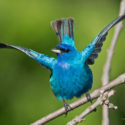
June Workshop
There will be no NestWatch eNewsletter next month due to our staff being in travel mode for a conference. We apologize in advance that we will also be slow to answer emails during the last two weeks of June.
We will be co-presenting a workshop on community-engaged nest monitoring at the joint conference of the American Ornithological Society and BirdsCaribbean in Puerto Rico. If you’re planning to attend this conference, consider signing up for our workshop. We’d love to meet you!
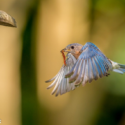
Another Data Boost
This month we are thrilled to bulk upload 2,053 nest records contributed by the South Carolina Bluebird Society. A dozen species are represented in this large dataset from 2021. Many thanks to Glen Hendry, Mike DeBruhl, and the members of the club for collecting and sending these data!
If you have a large dataset to archive with us, please do contact us and tell us the details! We accept nesting data from any year or region.
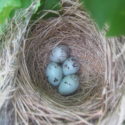
Welcoming New Chapters
We’d like to extend a warm welcome to two new chapters that joined our ranks this month. Cincinnati Nature Center in Milford, Ohio, is co-coordinated by Danie Frevola and Tim Nabors. They host weekly programs throughout the nesting season to give guests an opportunity to see how they monitor nest boxes. They hope to help more guests get started monitoring nests at home.
Hashawha Environmental Center and Bear Ranch Nature Center together make up a chapter located in Westminster, Maryland. Co-coordinators Dawn Harry and Jenna Mele along with their volunteers maintain a 60-box bluebird trail and hope to add more boxes for American Kestrels and other cavity-nesting raptors.
If you live near one of our NestWatch Chapters, consider reaching out to see how you can get involved!
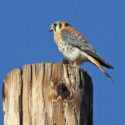
Blog: American Kestrel Nest Timing
A unique new study combines American Kestrel nest records from the Cornell Lab of Ornithology’s NestWatch program, The Peregrine Fund’s American Kestrel Partnership program, and multi-state professional studies in order to analyze large-scale trends in nesting phenology. What researchers found is that for kestrels, especially those in the Northeast, it pays off to be in sync with spring. Delays in starting a nest resulted in fewer offspring and lowered probability of success. Read more about this new study on our blog.